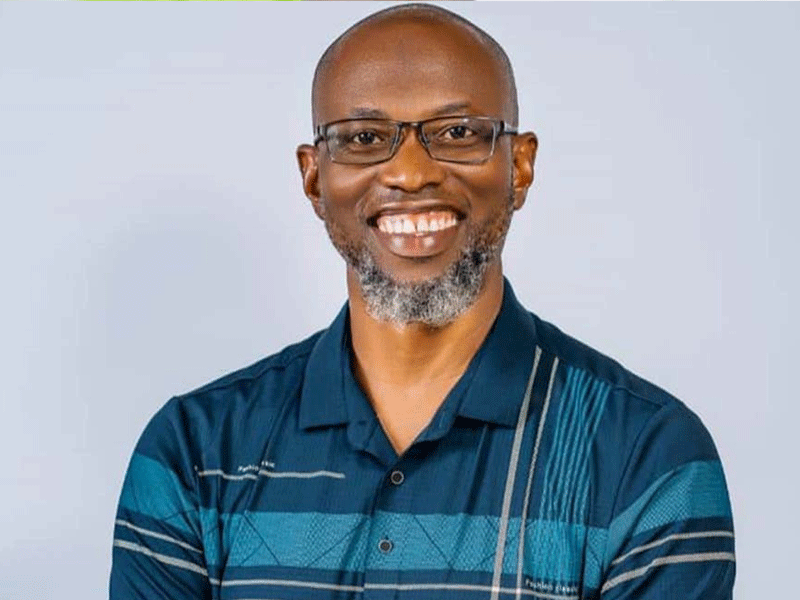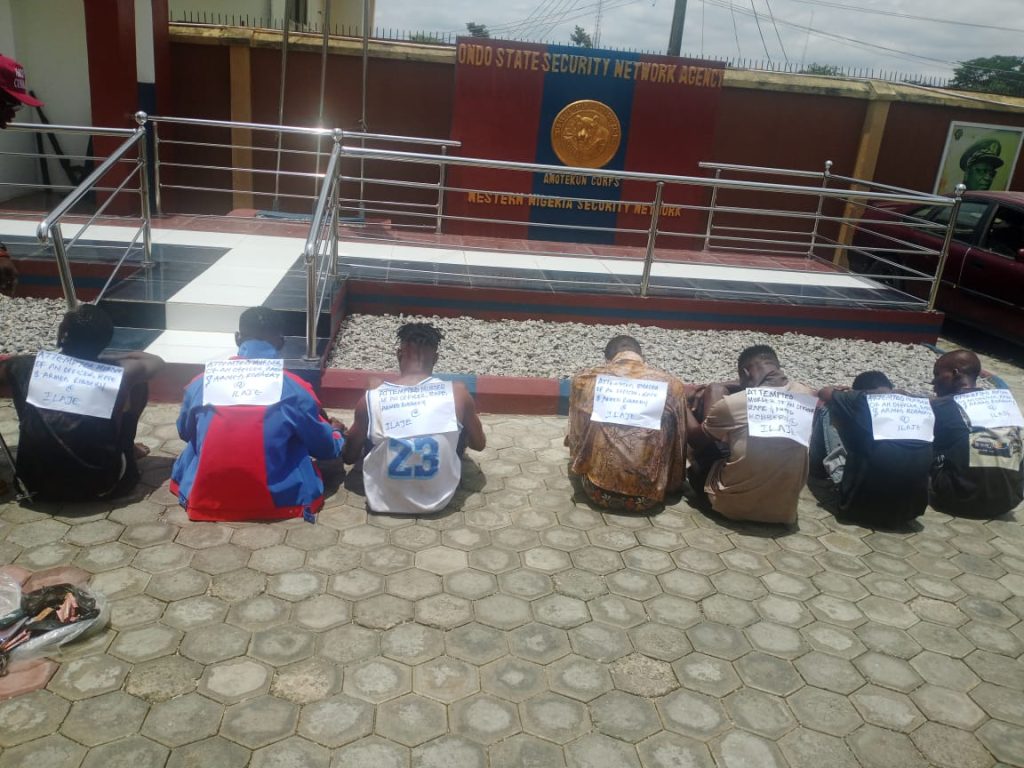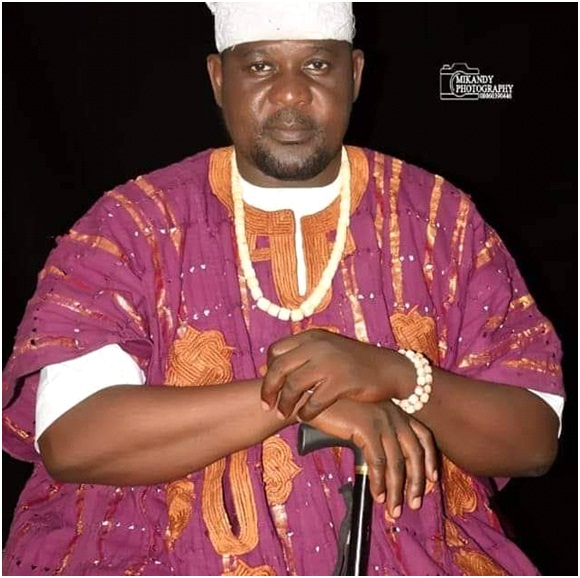Endsars: Can torture be abolished during investigation?
By Sunmola Olowookere
|
Their heads were wet with blood. It was obvious that they had been dealt with severely and upon instruction, they quickly began to describe how they carried out the armed robbery operation to the police”.
The above quote was the testimony of a prosecution witness during a criminal trial. It was more pungent because it was not coming from the accused person’s camp else it would have been taken with a pinch of salt.
At this point, had a pin dropped on to the tiled floor of the courtroom, it would have been heard. The silence was deafening. As soon as the witness heard the prosecution counsel leading him in testimony hissed at him almost audibly in reaction to his admission, he came to a halt. However the harm had been done.
Although no sane police officer would ever admit that they torture accused persons in their custody especially if they refused to confess to the crimes they were alleged to have committed in due time, it is common knowledge that accused persons go through inhumane treatment while incarcerated.
This development among others gave rise to the EndSARS Protest which Nigerians could never forget in a hurry. The judicial panels that were established after the fiasco that ensued are testaments to these facts.
In total contrast to the claims of the Nigeria police that statements of suspects are obtained without torture or under duress, the witness in the scenario described above, one Tayo Jaiyeoba weakened their claim when he narrated before a high court judge sitting in Akure how policemen beat up two accused persons, Emeka Alieze ànd Dada Ojo during their investigation of an armed robbery case when they were still police suspects.
The witness, obviously not properly schooled by the prosecution counsel had recounted with relish “when the police brought them, they have been badly beaten. Their heads were wetted with blood and upon instruction, they quickly began to describe how they carried out the operation to the police”.
The witness while being led in his testimony by Adewole Oladoye made the disclosure as he narrated how armed robbers invaded a filling station based in Isinkan, area, Akure where he worked.
Reacting to the question whether torture has been abolished from criminal investigation as demanded by the newly passed Administration of Criminal Justice Law, the Chief Judge of Ondo State, Justice Olutoyin Akeredolu said that the law has never supported torture.
Her words “In fact if you look at the Evidence Act, it specifically provides by a section there in that if it is discovered that the confessional statement was obtained by torture or threat, it should not be admitted before the court.
“So from our own end, we expect that the investigation will be without torture. It is only the police that can tell how it is at their own end. When the issue of torture is raised as grounds against the admissibility of confessional statements in criminal proceedings, we hold what is called “trial within trial” to determine the voluntariness of the confessional statement.”
Sharing his sentiments on the subject, Adekola Olawoye SAN, in an interview with The Hope while he was the state’s Attorney-General general enthused “the issue of torture in criminal trials has gone to the winds”
Tacitly agreeing that the issue of torture exists before in spite of investigative police officers’ denial of its existence, he expressed that the enactment of the Administration of Criminal Justice Law has put paid to it.
He stated that this was the reason why sections 10 and 12 of the ACJL provides that the evidence or statement of an accused person under no circumstance should be taken without being videotaped.
He believed that if a suspect is tortured before a statement is obtained, then it would show on the videotape and enjoined police officers to key into this provision of the law in order to make extraction of confession from suspects torture-free.
A security expert, Gabriel Oyelakin however has a divergent view on involvement of torture in criminal trials.
He advised that it was better if the Nigeria police force should work in a way that will work for the Nigerian society although the country is a democratic state.
He stated that although it was not ideal to use force to extract confession but it becomes necessary because some suspects are hardened criminals who would ordinarily not confess unless the police uses force to make them confess.
He believed that Nigeria police force was trained to use force in their operations which was why they excel whenever they went for peace keeping missions.
Also, Mr. Hillary Okegbuale, a lawyer, speaking on the issue of torture, asserted that from research conducted by his research outfit, 100% of lawyers contacted and interviewed on the issue said that there was no structure put in place at the police stations to monitor the interrogation of suspects by the police while 66% of police claim that such structure exist.
He regretted that the issue of torture could not be adequately addressed due to non availability of counsels when statements were being taken which should not be so as police have directories of lawyers at their various stations.
Okegbuale argued that pretrial detention as an aspect of Criminal proceedings should be minimized in the Nigerian society as a bid to decongest prison while citing the overpopulation being currently witnessed at Olokuta Medium Security Prison as an example.
He was however quick to admit that some of the Magistrates he interviewed in the course of his research were favourably disposed to pretrial detention with reasons that it serves as protection especially for defendants being prosecuted for capital offenses.
He however opined that the pretrial detention was the reason why the issue of torture was rampant.
Some suspects have grueling stories to recount about their stay in police stations.
Another prosecution witness in an armed robbery case in which officers of a bank in Oke agbe, Ondo state was robbed also testified about what he went through with the police before the Magistrate court released him as there was no evidence tying him to the case.
He said that on the day of the attack though some passerby offered to help them, he refused to leave the crime scene until the police came in order to make everything clear to them.
He claimed that the first defendant told him that he had kept 500, 000 naira out of the money stolen for them to share later and he refused to cooperate with his scheming.
He stated that their statements were taken by the police and that though the first defendant had begged him not to, he told how Kasali suggested that they should share the remaining money.
He stated that they were detained for four days in Oke agbe.police station before they were transferred to the State CID in Akure and that both of them were chained, beaten and tortured to confess.
He claimed that all his explanations that he knew nothing about the matter only earned him more beating as they did not listen to him.
He said that the investigation of the police later tied Kasali’s brother, Sherrif Fajana to the crime and the brothers confessed that they had only implicated him in the crime.
He explained that the family of the defendants even brought 800,000 out of the money stolen to the police station with the motive of settling the case out of court.
The witness claimed that the police then demanded for money so they could release him but he refused to call his people to bring money so they charged him to the Magistrate court along with the two defendants.
From there, he stated that they were remanded at Olokuta prison custody for five months until he was released at the Magistrate court.
Cases of torture in criminal trials is one that can not be put aside despite police denials. The instances are simply too numerous to ignore. Unfortunately, the innocent also suffer the same fate as the guilty.
Government through the judicial panels set up across several states should adequately address the issue as many innocent people have lost their lives in detentions.









